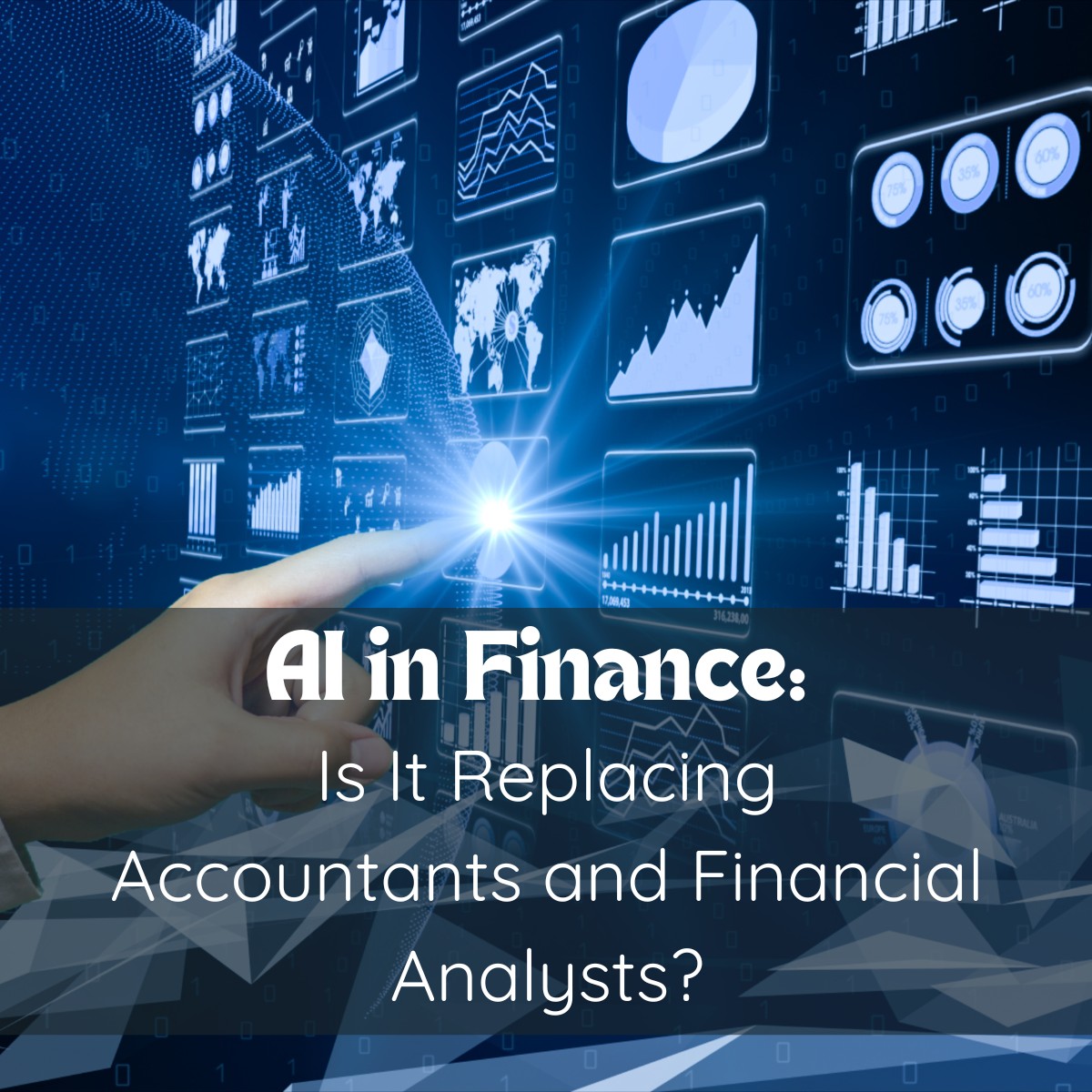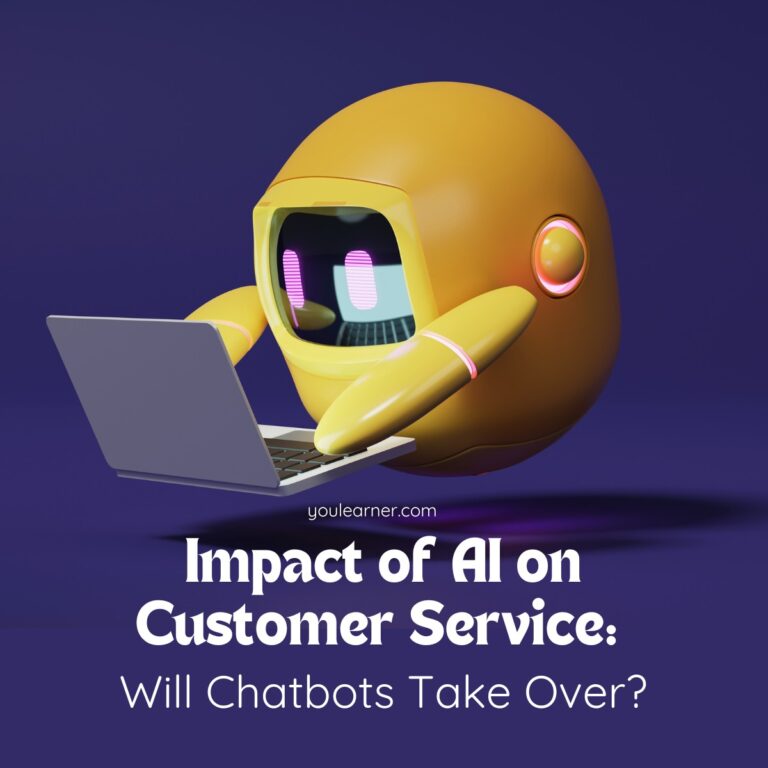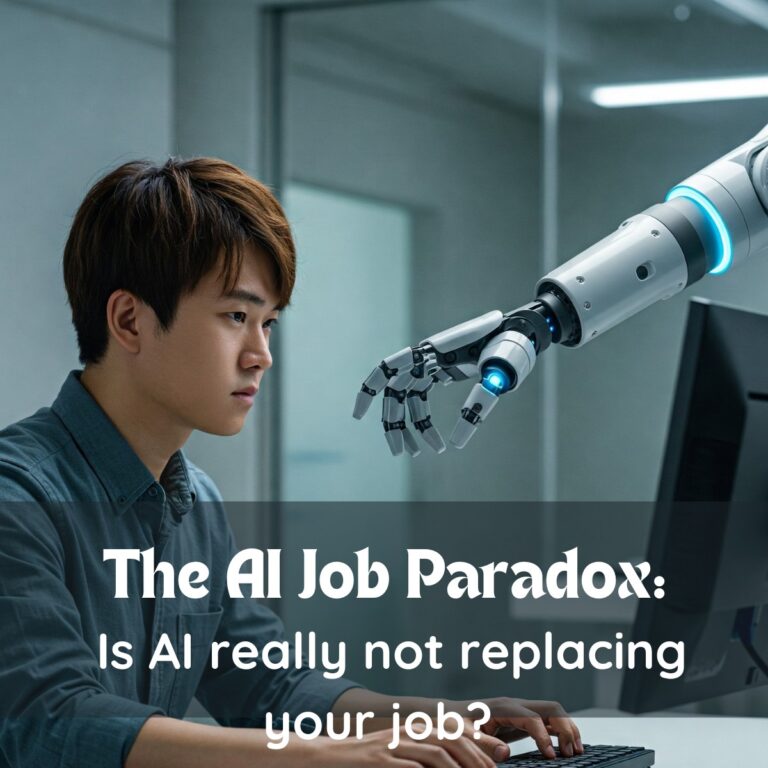This is a really important and evolving question! The short answer is no, AI is not entirely replacing accountants and financial analysts yet, but it is significantly transforming their roles and the finance industry as a whole.
Here’s a breakdown of why, and how AI is impacting these professions:
Why AI Won’t Completely Replace Them (Yet):
- Human Judgment and Ethics: Finance is not just about numbers. It’s deeply intertwined with human judgment, ethics, and complex, often ambiguous situations. AI can process data and identify patterns, but it struggles with:
- Ethical Dilemmas: AI can optimize for profit, but can it make ethically sound decisions in complex scenarios? Consider issues like fairness, social impact, and unforeseen consequences.
- Nuance and Context: Financial data needs to be interpreted within a specific context (economic conditions, industry trends, company-specific factors). AI is improving, but human analysts still excel at understanding and applying this nuance.
- Unforeseen Circumstances: AI is trained on historical data. Black swan events, unexpected market shifts, and novel situations require human adaptability and quick thinking that AI currently lacks.
- Trust and Relationships: Clients and stakeholders often prefer to work with human advisors they trust, especially for complex financial decisions. Building rapport and explaining complex information in a relatable way remains a human strength.
- Creativity and Innovation: While AI can assist in generating ideas and analyzing existing strategies, true creative financial innovation and strategic thinking still largely rely on human ingenuity. Think of developing new financial instruments, navigating uncharted regulatory territory, or devising entirely novel business models.
- Communication and Interpretation: Financial information needs to be communicated clearly and persuasively to diverse audiences (management, investors, regulators, clients). Human financial professionals are skilled at tailoring their communication to different stakeholders and interpreting complex information in a way that is understandable and actionable.
- Regulatory Landscape and Oversight: The regulatory landscape in finance is constantly evolving. Humans are needed to interpret new regulations, ensure compliance, and navigate complex legal frameworks. AI can assist with compliance tasks, but human oversight and judgment are still crucial.
- Beyond Data: Qualitative Factors: Financial analysis often involves assessing qualitative factors that are difficult to quantify and input into AI models. These include:
- Management Quality: Assessing the competence, integrity, and vision of a company’s leadership team.
- Company Culture: Understanding the internal dynamics and ethical climate of an organization.
- Brand Reputation: Evaluating the intangible value of a company’s brand and its impact on future performance.
- Geopolitical Risks: Assessing the impact of global political events and uncertainties on financial markets and businesses.
How AI is Transforming Accounting and Financial Analysis:
Despite not entirely replacing humans, AI is revolutionizing these fields in profound ways:
- Automation of Routine Tasks: AI and automation tools are taking over repetitive, manual tasks, freeing up human professionals for higher-value activities. This includes:
- Data Entry and Processing: AI can automate data extraction, entry, and validation, significantly reducing manual effort and errors.
- Bookkeeping and Record Keeping: AI-powered accounting software can handle routine bookkeeping tasks, reconciliation, and financial reporting.
- Tax Preparation and Compliance: AI can assist with tax preparation, compliance checks, and identifying potential tax optimization opportunities.
- Auditing: AI is being used for automated audit procedures, fraud detection, and continuous monitoring of financial data.
- Enhanced Data Analysis and Insights: AI excels at processing and analyzing massive datasets, providing deeper insights and more accurate predictions:
- Financial Modeling and Forecasting: AI algorithms can create more sophisticated financial models, improve forecasting accuracy, and identify hidden patterns in financial data.
- Risk Management: AI can analyze vast amounts of data to identify and assess risks more effectively, enabling better risk mitigation strategies.
- Fraud Detection: AI is highly effective at detecting anomalies and patterns indicative of fraudulent activities, improving fraud prevention and investigation.
- Personalized Financial Advice: AI-powered robo-advisors can provide personalized financial advice and investment recommendations based on individual client profiles and goals.
- Algorithmic Trading: AI is driving algorithmic trading strategies, enabling faster and more efficient trading decisions based on real-time market data.
- Increased Efficiency and Speed: AI tools significantly increase the efficiency and speed of financial processes, allowing professionals to accomplish more in less time. This leads to:
- Faster Financial Reporting: Automated processes accelerate the preparation and dissemination of financial reports.
- Quicker Decision-Making: Real-time data analysis and AI-driven insights enable faster and more informed financial decisions.
- Reduced Costs: Automation and increased efficiency can lead to significant cost savings for businesses.
- Shifting Skillsets and Roles: As AI takes over routine tasks, the skills and roles of accountants and financial analysts are evolving. The focus is shifting towards:
- Higher-Level Analysis and Interpretation: Professionals will need to focus more on interpreting AI-generated insights, providing strategic advice, and applying human judgment to complex situations.
- Data Literacy and Technology Skills: Accountants and analysts need to become more data-literate and proficient in using AI tools and technologies.
- Communication and Client Relationship Management: Human skills in communication, client relationship management, and ethical leadership will become even more valuable as routine tasks are automated.
- Strategic Thinking and Problem Solving: Professionals will need to focus on strategic thinking, creative problem-solving, and developing innovative financial solutions.
The Future Landscape:
The future of accounting and financial analysis is likely to be a collaborative one, where humans and AI work together synergistically.
- AI as a Tool, Not a Replacement: AI will become an indispensable tool for financial professionals, augmenting their capabilities and enhancing their productivity.
- Focus on Higher-Value Activities: Humans will focus on higher-value activities that require uniquely human skills, such as strategic thinking, ethical judgment, creativity, and relationship building.
- Continuous Learning and Adaptation: Financial professionals will need to continuously learn new skills and adapt to the evolving technological landscape.
In conclusion, AI is not replacing accountants and financial analysts entirely, but it is profoundly changing their roles and the finance industry. Instead of fearing replacement, professionals should embrace AI as a powerful tool that can enhance their capabilities and enable them to focus on more strategic and fulfilling aspects of their work. The key is to adapt, learn new skills, and leverage AI to become more effective and valuable financial professionals in the future.
While the above narrative often focuses on the transformative and positive aspects of AI in finance, it’s crucial to acknowledge the reality of job displacement and the potential for job losses during this transition.
Yes, job losses are happening and will likely continue to happen in certain areas of accounting and financial analysis due to AI.
Here’s a more nuanced look at job losses in this context:
Where Job Losses Are Most Likely:
- Routine and Repetitive Tasks: AI and automation are directly targeting tasks that are rules-based, repetitive, and data-heavy. This means roles heavily reliant on these tasks are most vulnerable:
- Data Entry Clerks and Bookkeepers: AI excels at automated data entry, reconciliation, and basic bookkeeping functions. Demand for purely manual data entry roles will decline significantly.
- Basic Compliance and Regulatory Reporting: AI can automate many routine compliance checks and generate standardized reports, reducing the need for junior compliance officers focused solely on these tasks.
- Accounts Payable/Receivable Clerks (in some aspects): AI can streamline invoice processing, payment reconciliation, and automate many aspects of accounts payable and receivable, impacting the need for large teams performing these manual functions.
- Lower-Level Audit Tasks: AI is being used to automate routine audit procedures, such as testing controls and analyzing large datasets for anomalies. This will reduce the need for junior auditors on routine engagements.
- Basic Financial Reporting Preparation: AI-powered software can generate standard financial statements and reports, reducing the workload for accountants involved in the purely mechanical aspects of reporting.
- Middle-Skill Jobs involving predictable analysis: AI is also starting to impact some middle-skill jobs that involve predictable analysis of large datasets:
- Certain Financial Analyst Roles focused on routine report generation and basic trend analysis: If an analyst’s role is primarily focused on generating standard reports and identifying obvious trends in data, AI can automate much of this.
- Some Credit Analysts (basic scoring and risk assessment): AI can automate basic credit scoring and risk assessment for loan applications, impacting roles focused solely on these initial stages.
- Basic Investment Research (data gathering and initial screening): AI can automate the gathering of vast amounts of financial data and perform initial screenings of investment opportunities, impacting roles focused on these early-stage research tasks.
Why Job Losses Occur and Why It’s Important to Consider:
- Increased Efficiency and Productivity: AI’s primary goal in business is to increase efficiency and reduce costs. Automating tasks naturally leads to needing fewer human hours to perform the same or even more work.
- Cost Reduction is a Major Driver: Businesses adopt AI to reduce operational costs, and labor costs are a significant component. Job displacement, unfortunately, is often a consequence of this cost-saving drive.
- Skills Gap: While new roles emerge, the skills required for these new roles are often different from the skills of those displaced from automated roles. This creates a skills gap that can be challenging for individuals to bridge quickly.
- Concentrated Impact: Job losses may be concentrated in specific geographic areas or demographics depending on the industries and types of roles most affected, potentially exacerbating existing inequalities.
However, it’s also crucial to maintain perspective:
- New Roles Emerge (but require different skills): As mentioned, while some roles are automated away, AI also creates new opportunities. These new roles will require:
- AI and Data Literacy: Professionals need to understand how to work with AI tools, interpret AI-generated insights, and manage AI systems.
- Higher-Level Analysis and Strategic Thinking: Focus shifts to interpreting AI outputs, providing strategic advice, and making complex judgments AI cannot handle.
- Communication and Client Relationship Skills: The human touch becomes even more valuable in explaining complex financial information, building trust, and managing client relationships.
- Ethical and Regulatory Oversight: Humans are needed to ensure AI systems are used ethically, responsibly, and in compliance with evolving regulations.
- Developing and Implementing AI Solutions: New roles will emerge in developing, customizing, and implementing AI solutions for finance.
- Pace of Change: While the transformation is significant, the complete and sudden replacement of all accountants and financial analysts is unlikely in the near future. The transition will likely be gradual, allowing time for adaptation and reskilling.
- Job Transformation, Not Just Elimination: For many roles, AI will transform the job rather than completely eliminate it. Accountants and analysts will work with AI tools, focusing on higher-level tasks and leveraging AI for routine tasks.
What Needs to Be Done to Address Job Losses:
- Reskilling and Upskilling Initiatives: Significant investment is needed in education and training programs to help accountants and financial analysts develop the skills needed for the AI-driven future. This includes data literacy, AI tool proficiency, and critical thinking.
- Focus on “Human Skills”: Emphasize and value the development of uniquely human skills like critical thinking, communication, ethical reasoning, and emotional intelligence, as these will become increasingly important.
- Government and Industry Collaboration: Governments and industry need to collaborate to create policies and support systems that help workers transition to new roles and industries. This may include social safety nets, retraining programs, and incentives for businesses to invest in workforce development.
- Continuous Learning Mindset: Individuals in the finance profession need to adopt a mindset of continuous learning and adaptation, proactively seeking out new skills and staying abreast of technological advancements.
- Open and Honest Dialogue: Open and honest conversations about the potential impacts of AI on jobs, both positive and negative, are crucial to ensure a just and equitable transition.
In conclusion, while AI is not going to eliminate accounting and financial analysis professions entirely, it is undeniably causing job displacement in certain areas, particularly those involving routine and repetitive tasks. Acknowledging and addressing these job losses is crucial. The focus should be on proactive measures like reskilling, emphasizing human skills, and fostering collaboration to navigate this technological transformation in a way that benefits both individuals and society as a whole.







